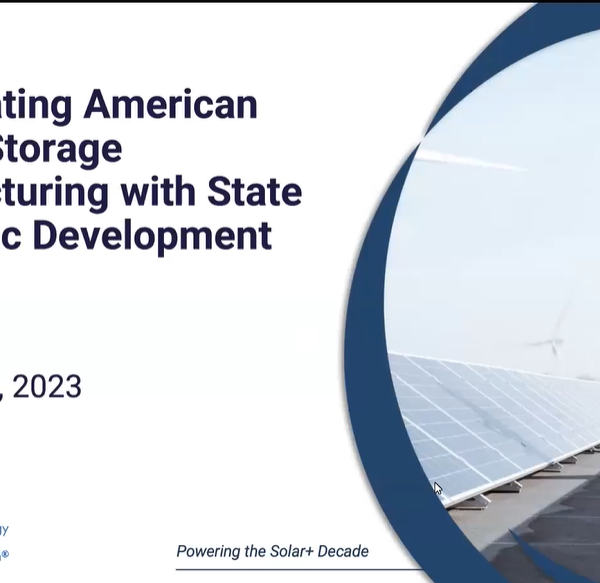Now Is the Summer of Domestic Content: The Inflation Reduction Act’s Demand-side Manufacturing Policy
$50.00
The Inflation Reduction Act (IRA) has unleashed billions of dollars of new investments in American manufacturing, including many of the key components of solar energy systems.
Description
The Inflation Reduction Act (IRA) has unleashed billions of dollars of new investments in American manufacturing, including many of the key components of solar energy systems. While the IRA contains several provisions designed to do just this, the domestic content adder is a unique demand-side measure that will ensure that the hundreds of gigawatts of clean energy capacity projected to come online in the next decade are built with steel, iron, and manufactured products made in America.
On May 12, the IRS released initial guidance and a notice of intent to propose rules that address how taxpayers can qualify for an additional 10% tax credit for solar and storage projects that use 100% American steel and iron and at least 40% American-made products like solar modules, trackers and inverters. The guidance includes a non-exhaustive table listing types of products and components for utility-scale PV systems and battery storage technologies that will count towards the 40% threshold if they are made in the U.S. Taxpayers must also submit certifications to IRS if they intend to use the domestic content adder credit.
Hear from SEIA leaders on the front lines of IRA implementation, including Q&A, where you will learn about:
- IRS definitions of steel and iron, manufactured products, and components
- Methodologies for calculating the 40% adjusted percentage
- Certification requirements
- Political headwinds
- SEIA resources and analysis on domestic solar manufacturing and supply chains






